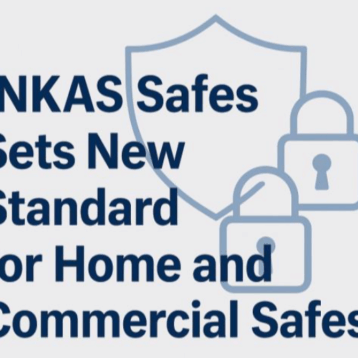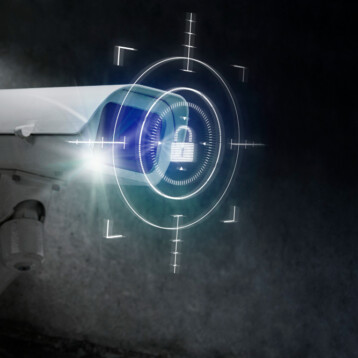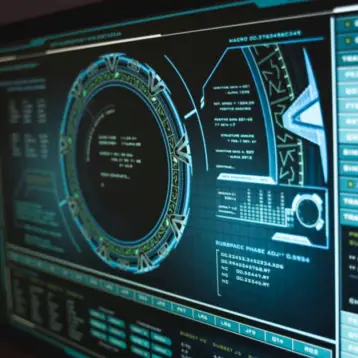Each year, there are roughly 2.5 million home burglaries in the United States, 66% of which are home break-ins. Only a staggering 13% are solved by police due to a lack of witnesses or physical evidence. These shocking figures will have most people scouring the internet for options on ways to protect their home, family, and valuables. With thousands of home security systems on the market today, it can be hard to determine which one will be the most useful for you.

Here are 5 key things you need to know before installing a home security system.
Wireless vs. hardwired
The installation process of a home security system will vary depending on whether or not you choose a traditional wired system or a wireless system. Wireless systems are powered through a battery, there’s no drilling required, and oftentimes you’re able to install on your own. Hardwired systems are typically installed by a professional and are powered through tangible wires throughout your home. Safety.com shares more information on the pros and cons of each system.
Home security systems vs. burglar alarms
When researching what kind of system is right for you, it’s important to understand the difference between a home security system versus a burglar alarm. Home security systems provide more protection in terms of security and many other factors. For example, a home security system can provide live or recorded monitoring and environmental danger warnings (I.e. fire, carbon monoxide), unlike a burglar alarm.
Choose your system wisely
Home security systems vary drastically in terms of capability and affordability. As mentioned above, there are countless companies on the market that can make the purchase decision all the more difficult. To help narrow down your search, consider how long the company has been in business. Those with 10+ years under their belt typically are the most reputable, up-to-date, and modern systems. Here’s a detailed comparison of the top home security cameras of 2020.
Ask about power outages
Power outages happen and can be especially uneasy to experience when you’re away from home. When determining which system is right for you, be sure to find out what will happen to your system in the event of a power outage. While most will continue to operate off of the battery in the event of an outage, it’s never a bad idea to double-check.
One size doesn’t fit all
Depending on the square footage and acreage of your home, you might need a larger system to handle more information and monitoring. Small systems are suitable for apartments or smaller-sized homes, but you will more than likely need to customize your system to fit your needs in an average single-family home. A higher level of security will typically mean a more hefty cost, but when it comes to protecting your home and family, that sense of security can be priceless.










